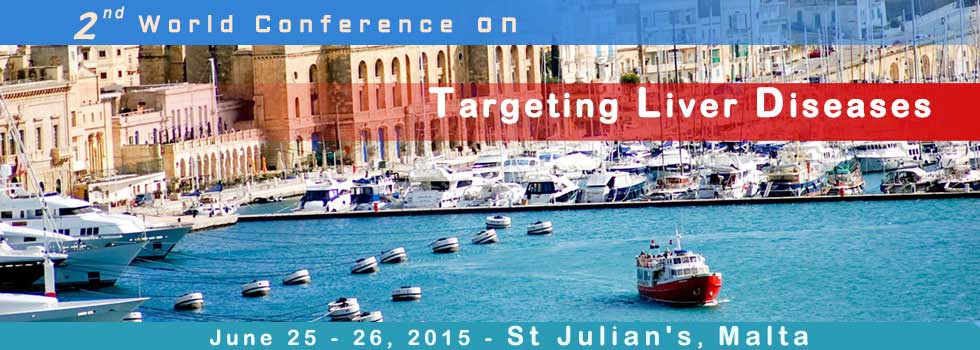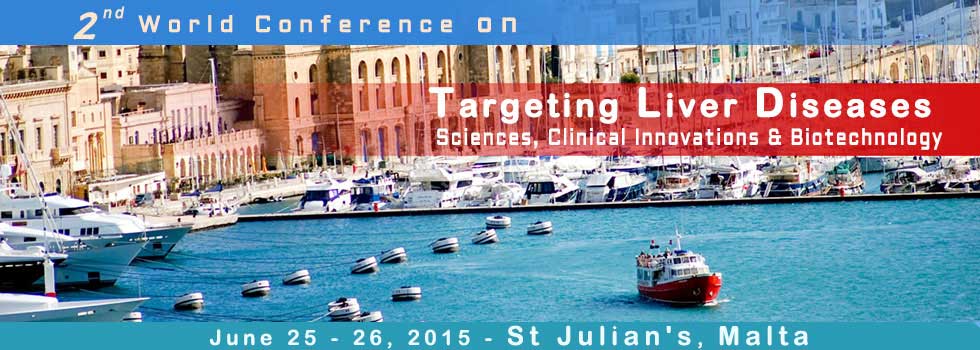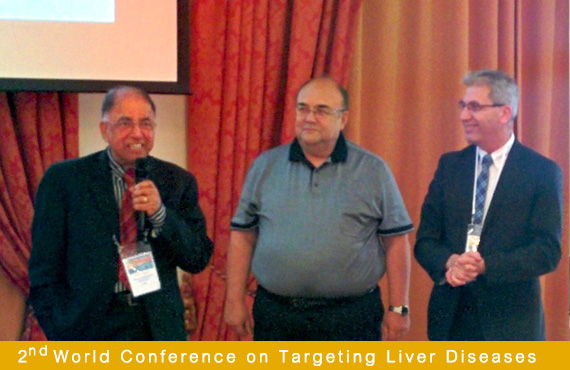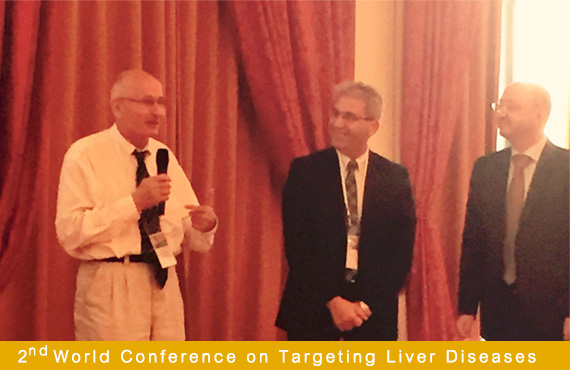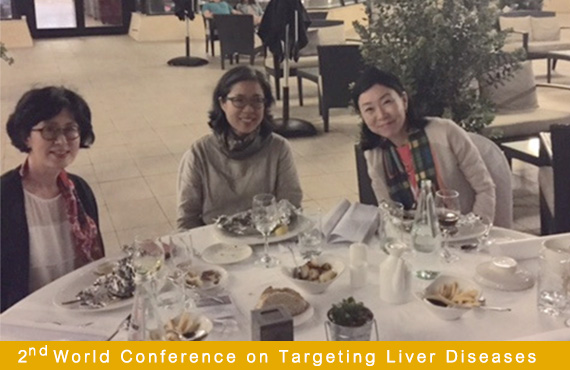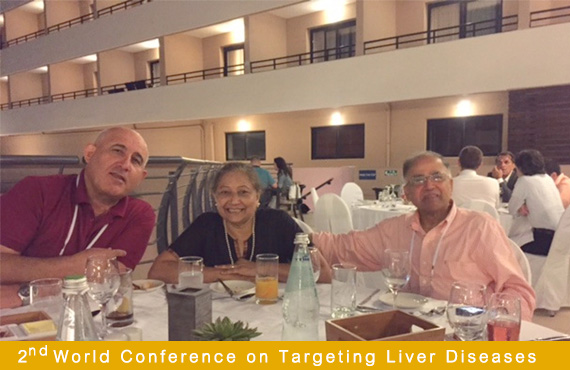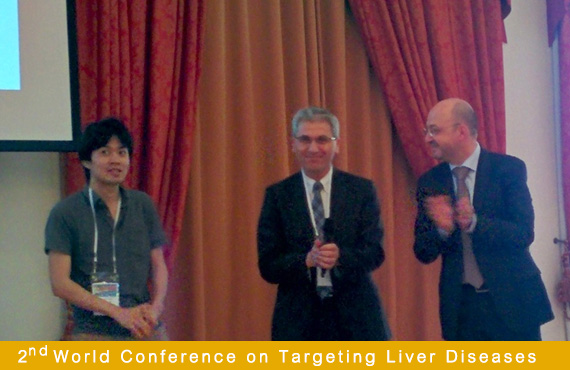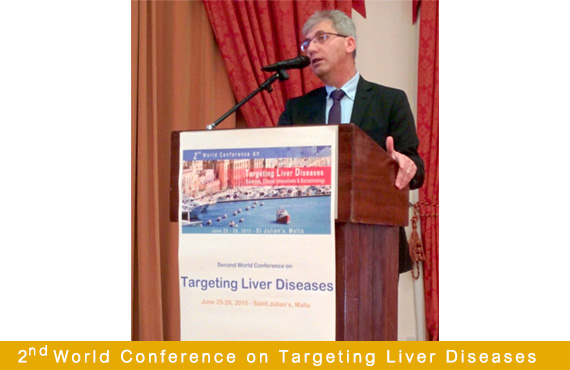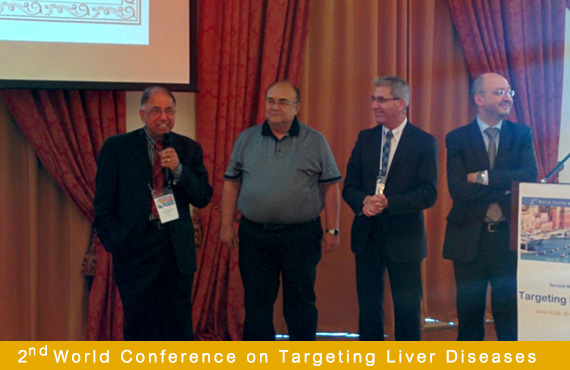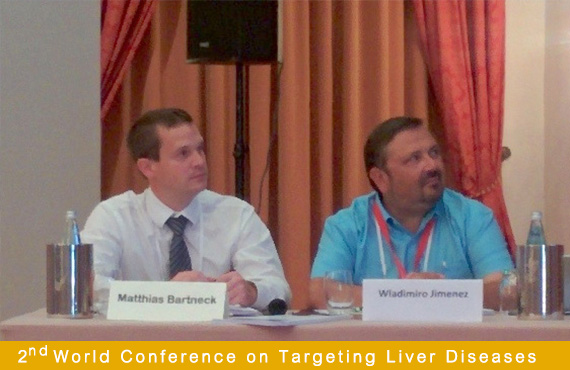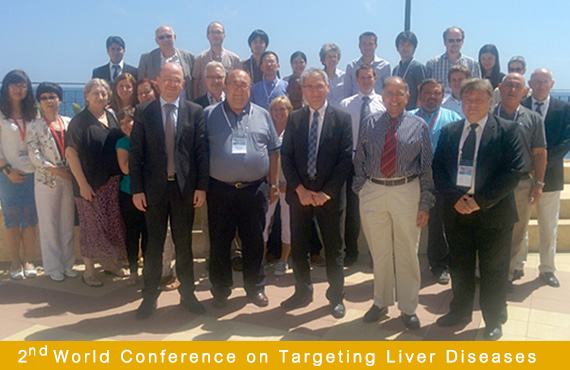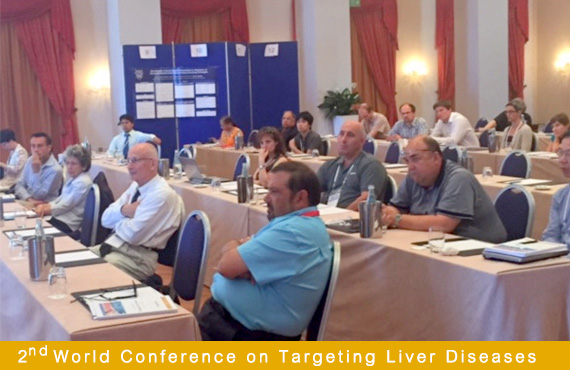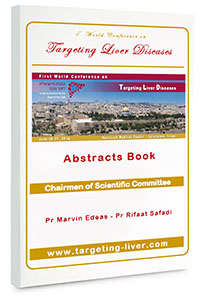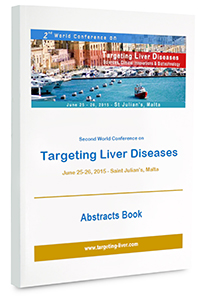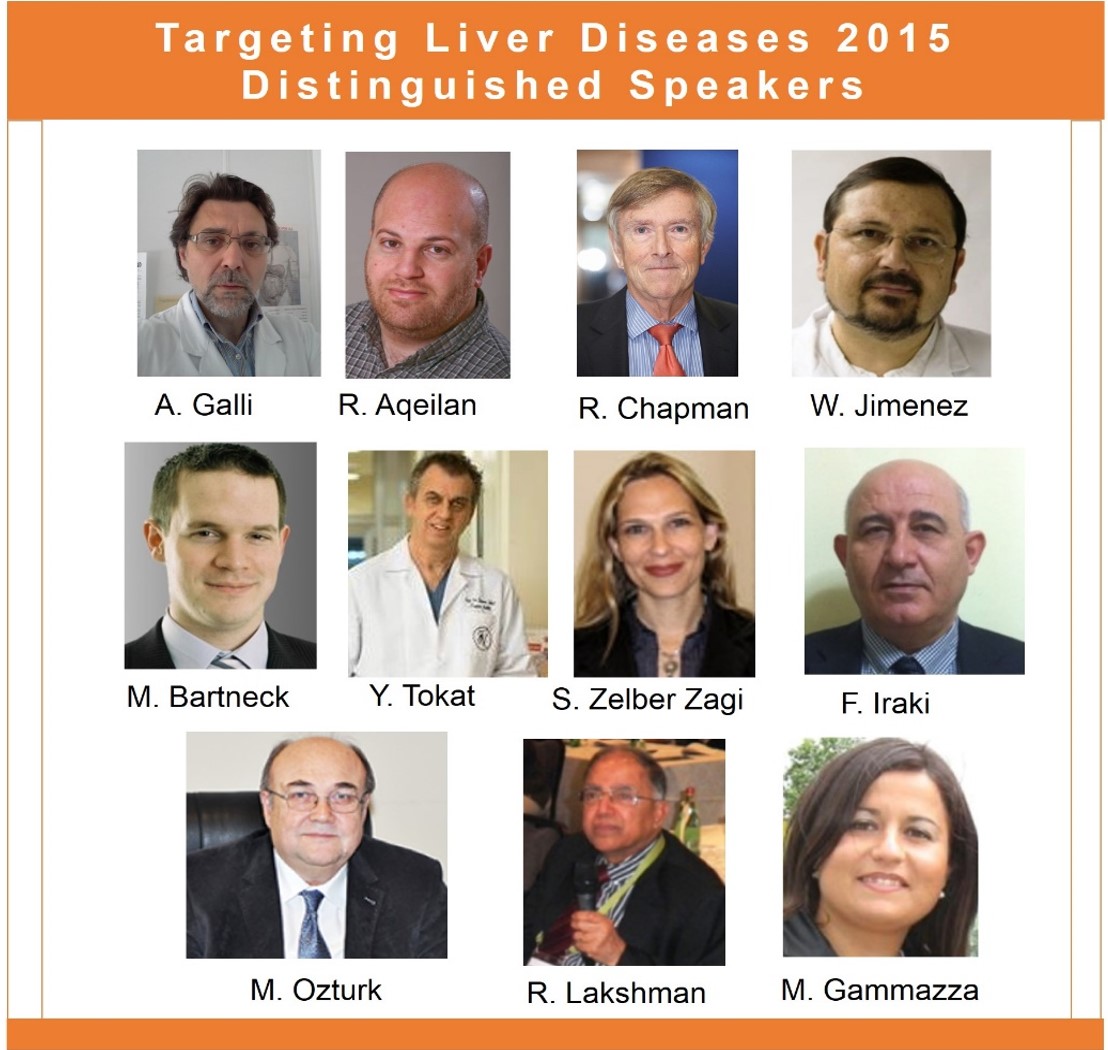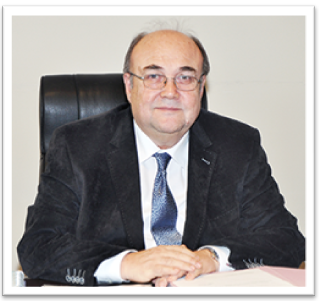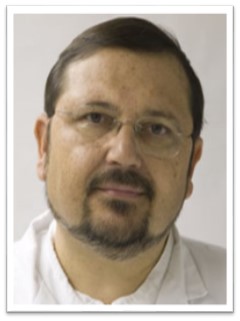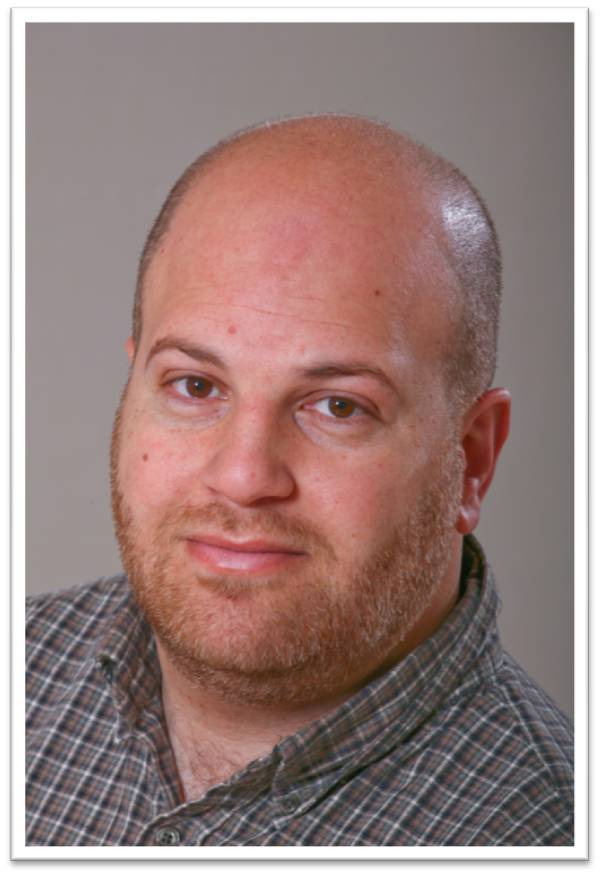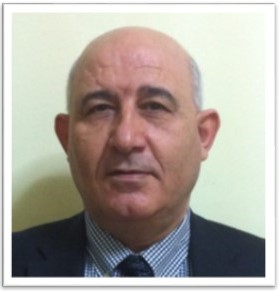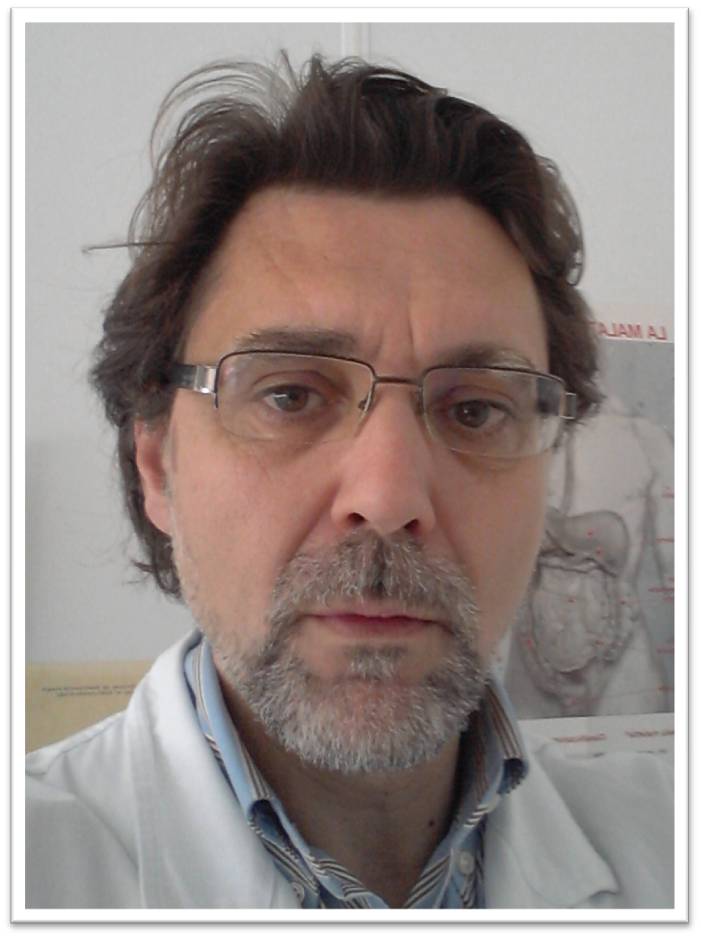MSU team publishes findings about backup system that helps sustain liver during crisis

Ed Schmidt in MSU’s Department of Microbiology and Immunology co-authored a new paper that describes an antioxidant system that serves as a backup system in liver cells. (MSU photo by Kelly Gorham).
BOZEMAN – Scientists from Montana State University and Sweden have discovered an antioxidant system that helps sustain the liver when other systems are missing or compromised.
Like a generator kicking in when the power fails or an understudy taking the stage when a lead actor is sick, the newly found system steps up during a crisis. It’s fueled by methionine, an amino acid that can’t be manufactured in the body and doesn’t come from herbal teas or supplements. People get it only by eating protein.
“This is an important finding,” said Ed Schmidt, a professor in MSU’s Department of Microbiology and Immunology and co-author of a newly published study in Nature Communications. “It tells us about humans and all living things. It’s an alternative way to maintain the balance you need in your cells to be alive.”
Schmidt and his collaborators at the Karolinska Institute published their findings March 20 in Nature Communications, a scientific journal affiliated with the prestigious international journal, Nature. Nature Communications covers all topics in physics, chemistry, earth sciences and biology. The Karolinska Institute is one of Europe’s largest and most distinguished medical universities.
Some vitamins and supplements act as antioxidants, Schmidt said. They help protect cells from the damage that can lead to aging, cancers and inflammatory diseases. However, vitamins and supplements can’t replace two known natural systems in liver cells: the thioredoxin and glutathione systems.
To investigate further, Schmidt’s lab generated mice whose livers lacked key components of both systems. The mice were not robust. They were on the brink of failure, Schmidt said. And yet they survived.
Investigating the mystery, the researchers found the third antioxidant system and said it has broad implications for health issues in humans. They said methionine was a surprising source of its power.
“Methionine, a sulfur-containing amino acid that is required in our diet so our cells can make proteins, is also a potent, but previously unrecognized antioxidant that, unlike any other antioxidant tested to date, can sustain the liver when the two other systems are absent or compromised,” Schmidt said.
“It was well-known, hiding in the shadows,” Schmidt continued. “It wasn’t until we removed the two powerful universal systems and found that the liver would survive that we recognized the role of this third system.”
Methionine is found in high levels in eggs, meat, fish, Brazil nuts, sesame seeds and cereal grains.
“There is plenty of it in a normal balanced diet,” Schmidt said. “It’s only in extreme cases where people are deprived of dietary protein, or possibly when they are exposed to some toxins, that this could be a problem.”
First authors on the Nature Communications paper were Sofi Eriksson, a postdoctoral researcher at MSU and the Karolinska Institute in Sweden, and Justin Prigge from MSU. Co-authors, in addition to Schmidt, were Emily Talago at MSU and Elias Arnér at the Karolinska Institute. Arnér is a Swedish biochemist, medical doctor and long-time collaborator of Schmidt’s.
